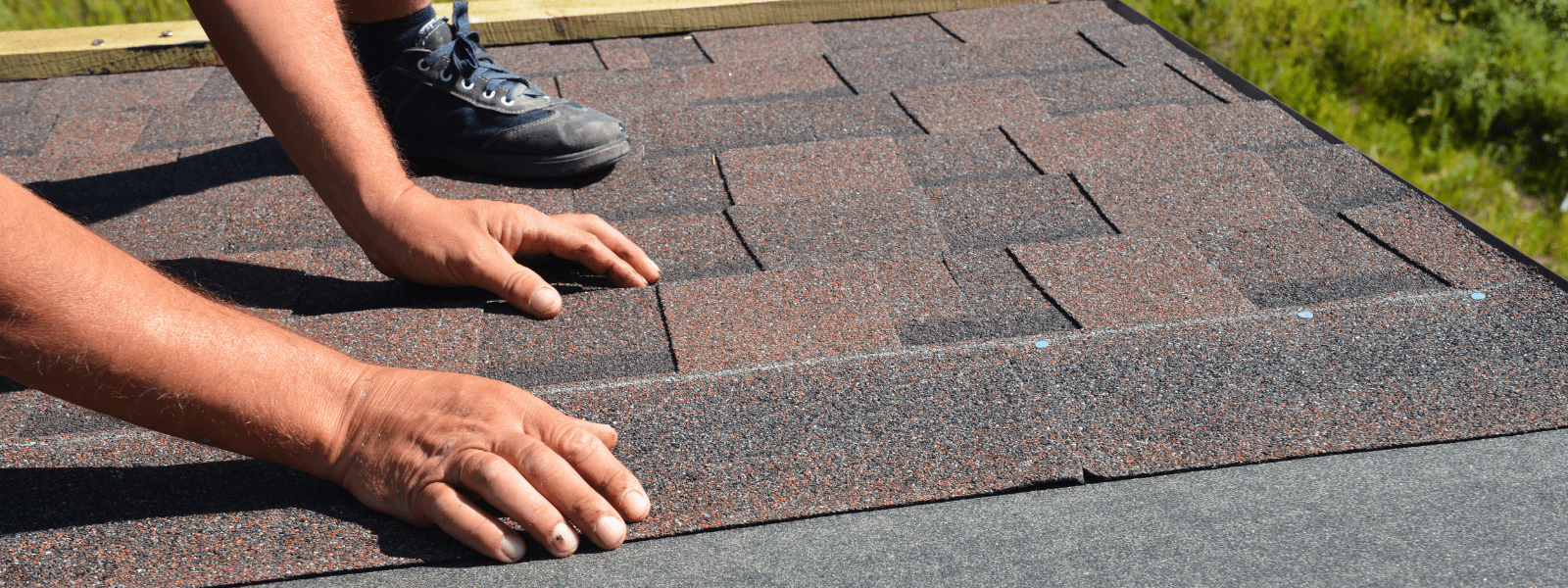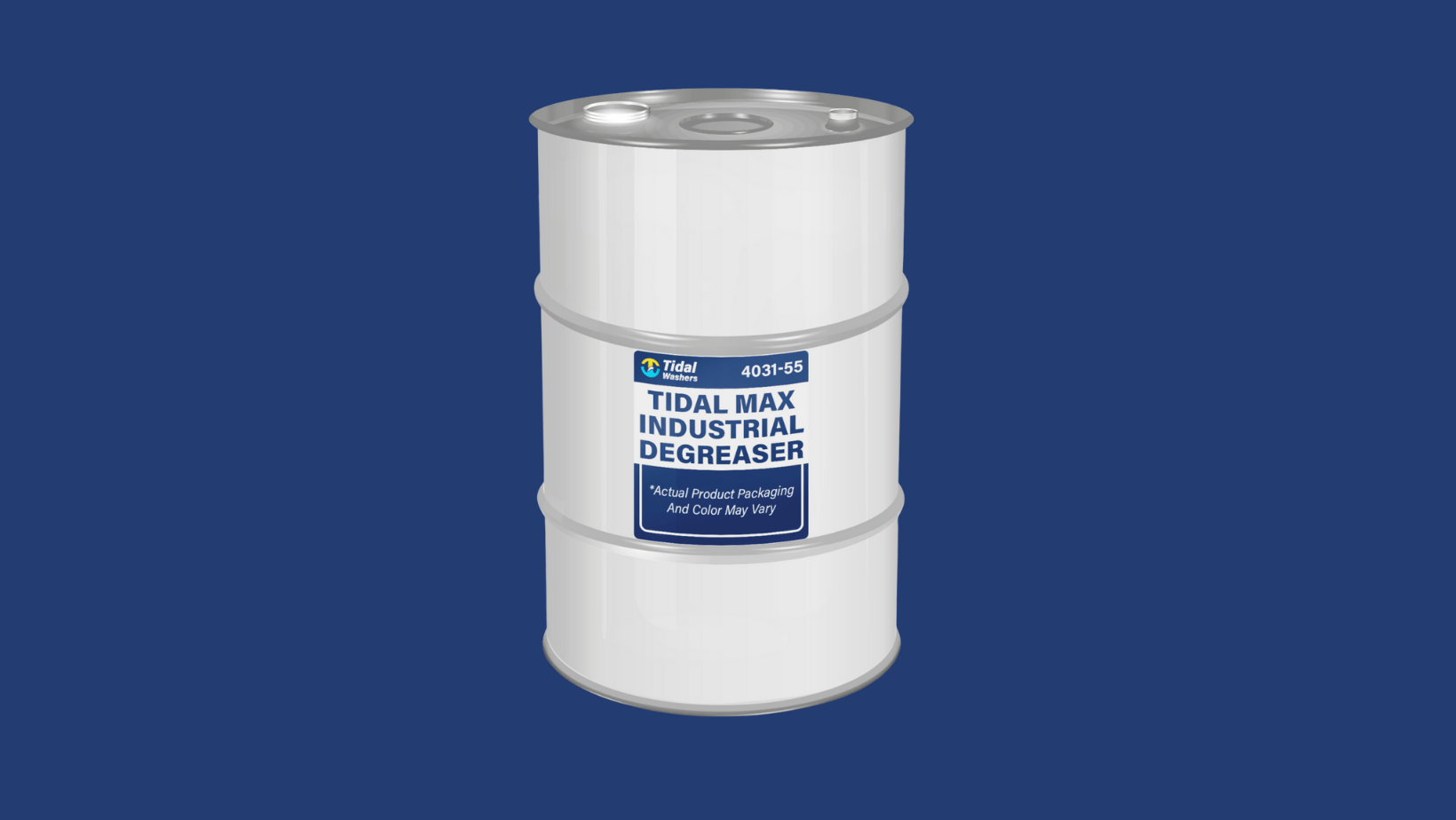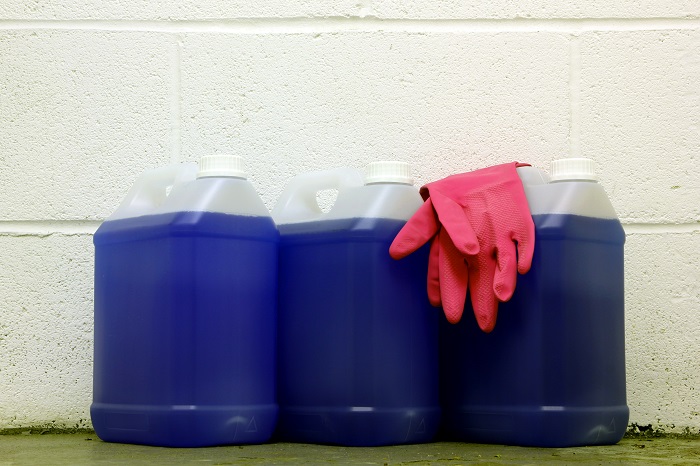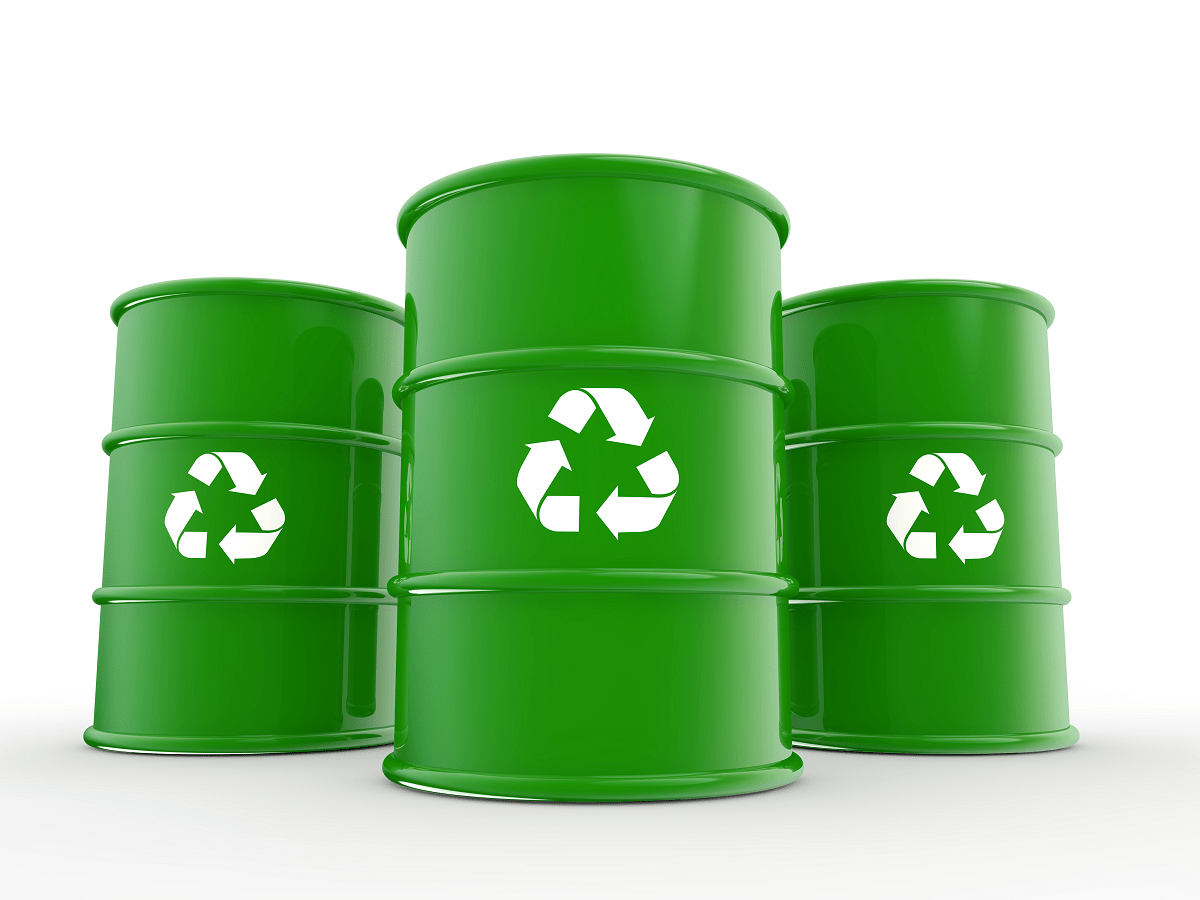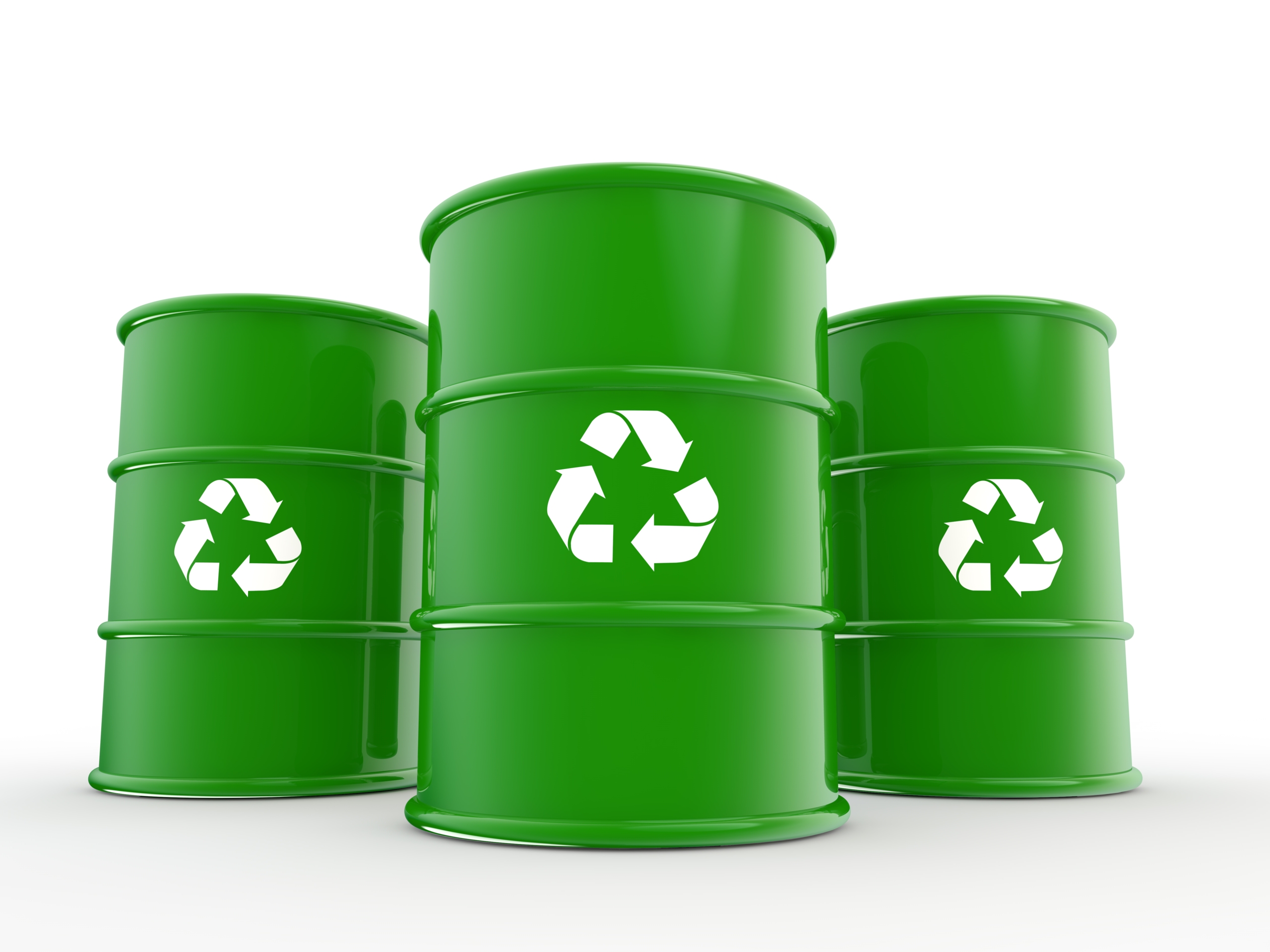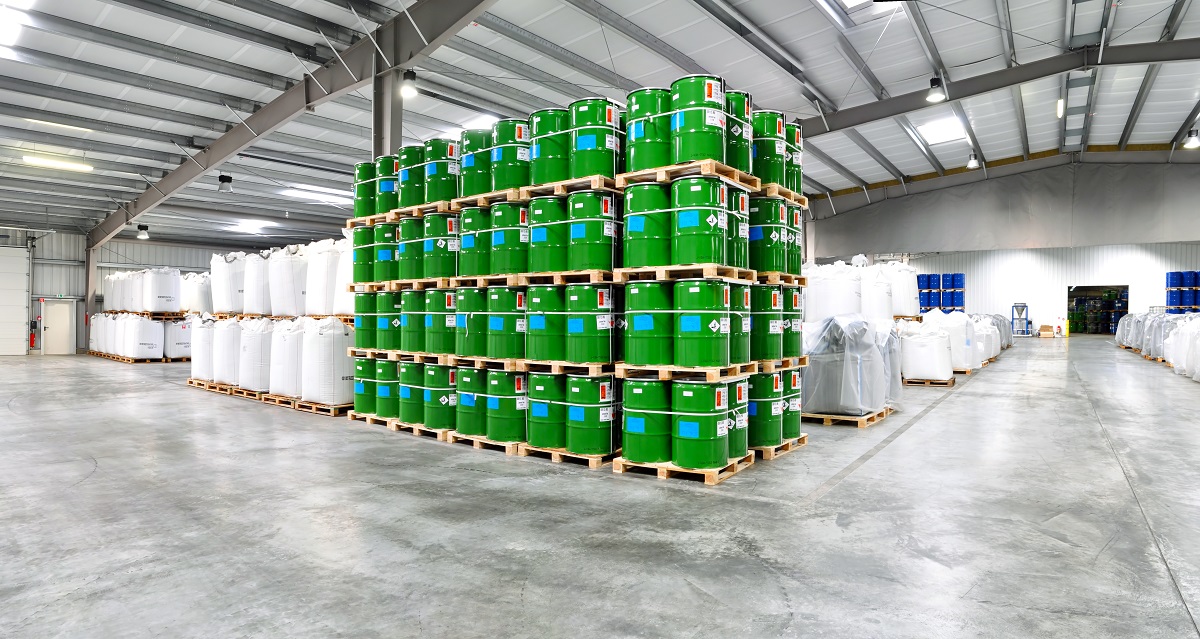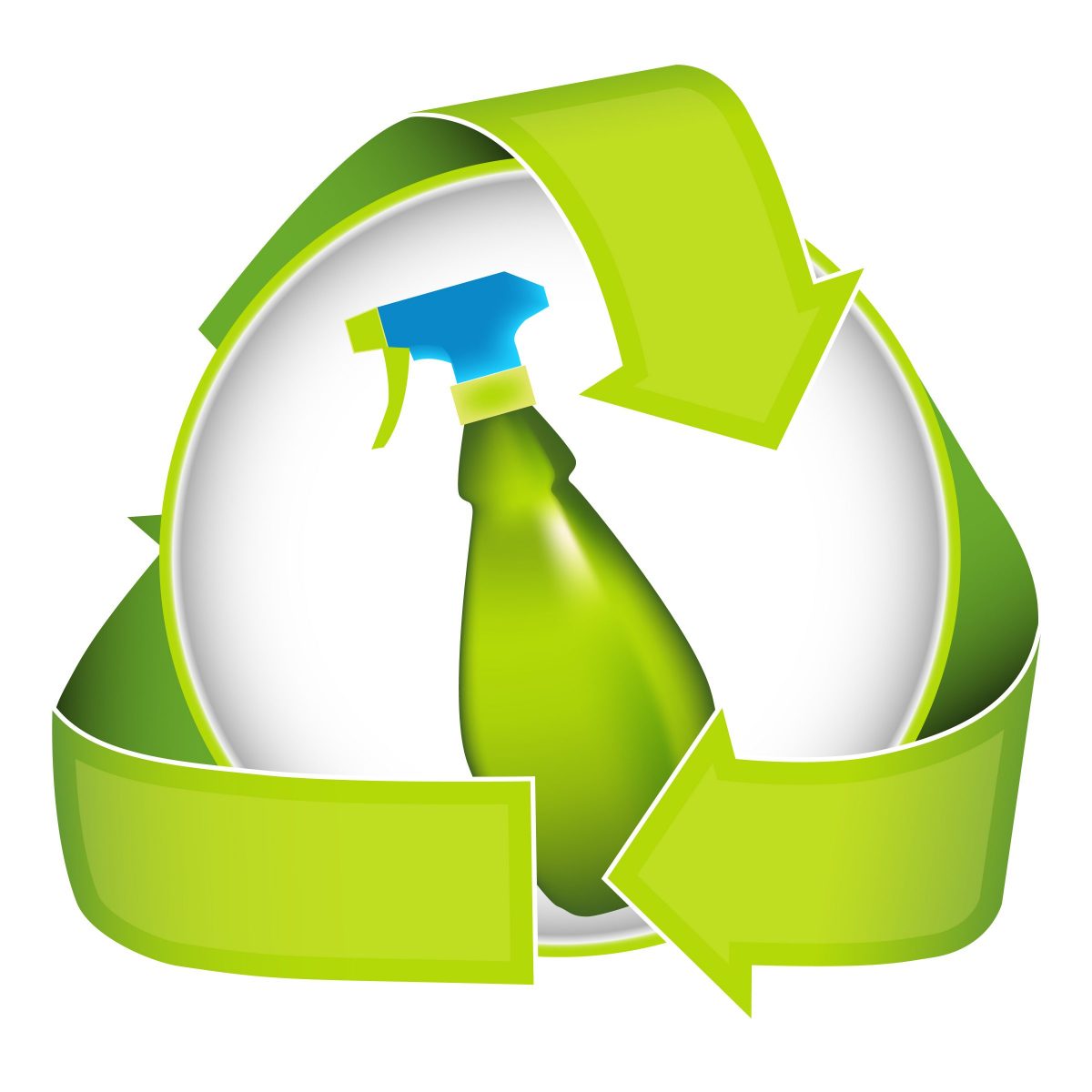The roof is the most crucial element of any structure aside from the foundation. That’s why it’s important to choose high-quality shingles that’ll...
Blog


CHEMICAL INDUSTRY NEWS
Chemical Chat – Discover What’s New!
Benefits of Tidal MAX Industrial Degreaser
What Is Tidal MAX Industrial Degreaser a Butyl Degreaser? Tidal MAX Industrial Degreaser is a butyl degreaser industrial cleaning solution mainly...
What Are Mineral Spirits Used For?
Mineral spirits, also known as white spirits, are petroleum-based solvents that have a variety of everyday and industrial uses. Whether you’re a...
Are Mineral Spirits and Acetone Different?
Mineral spirits and acetone are both solvents that professionals rely on to perform a variety of tasks. These two...
Benefits of Tidal MAX Industrial Degreaser
What Is Tidal MAX Industrial Degreaser a Butyl Degreaser? Tidal MAX Industrial Degreaser is a butyl degreaser...
Company News
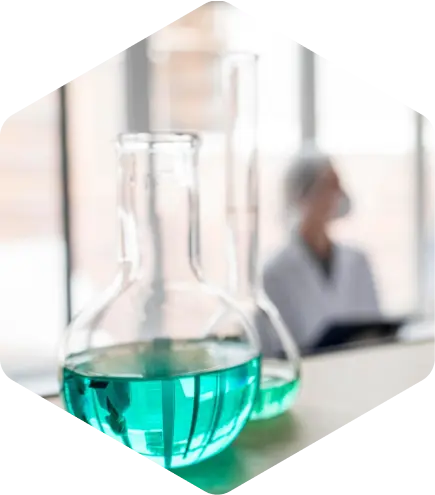
Managed Services
Discover the Latest in Safe and Sustainable Chemical Solutions
Stay informed with Ecolink’s blog! Subscribe now
Chemical Management Information
Stay updated with us
Sign Up for the Latest Updates
Stay informed about chemical supply chain disruptions and emerging innovations to keep your business at the forefront of efficiency and innovation. Uncover new ways to make your business practices more sustainable by incorporating safer products into your cleaning lineup.



